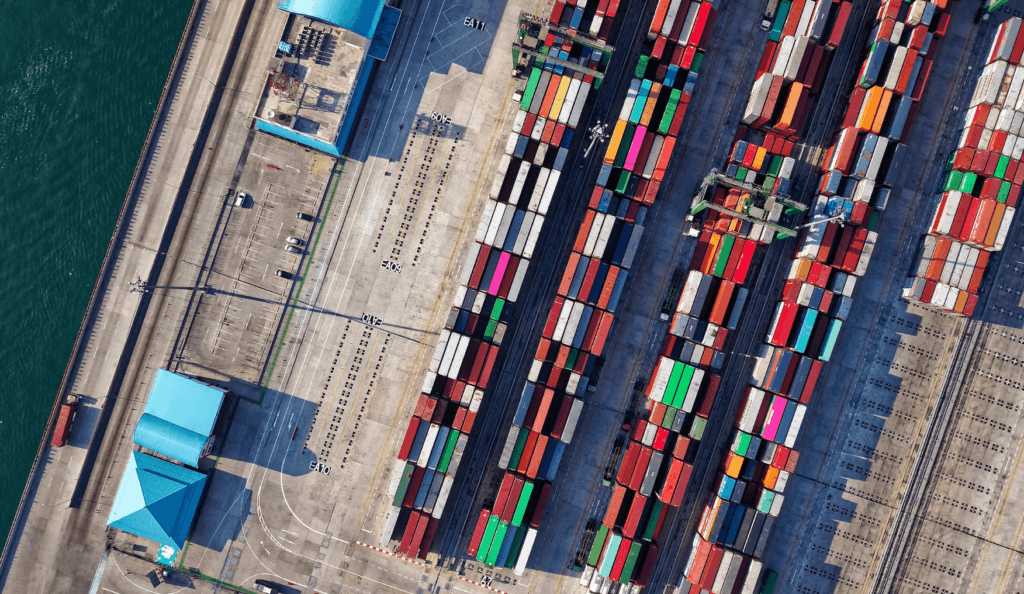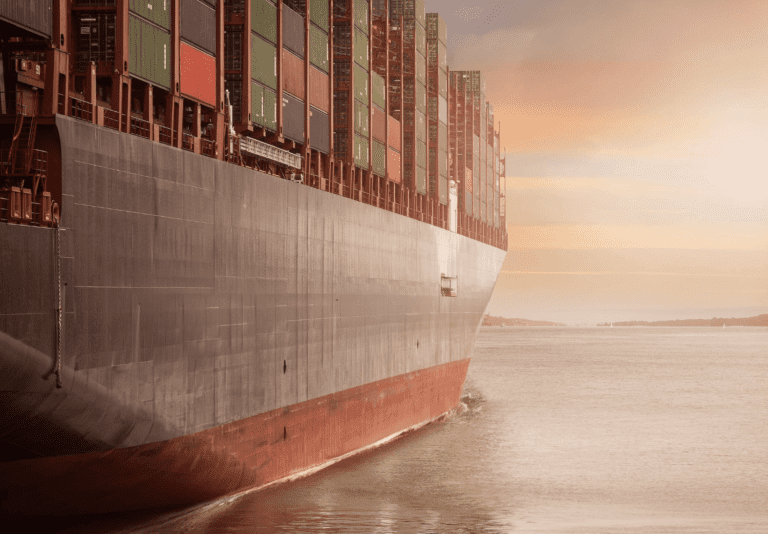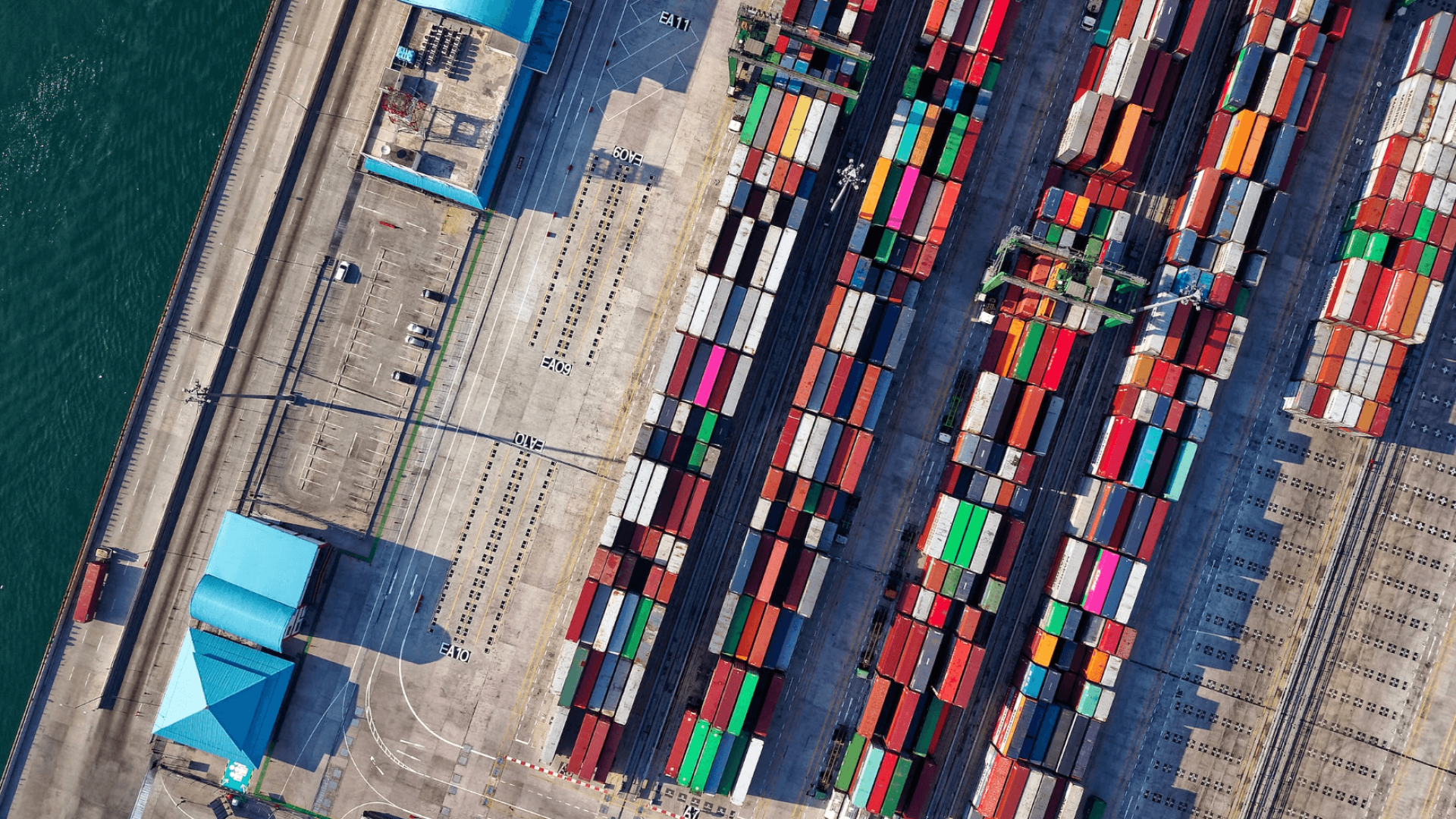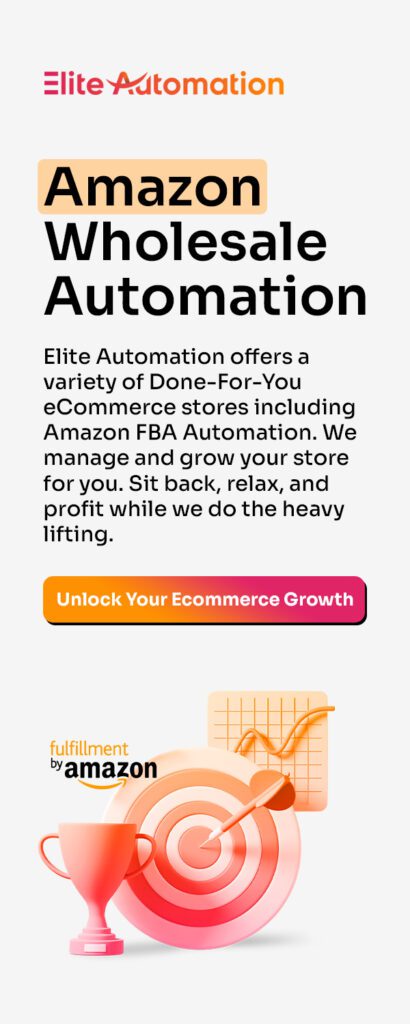The pandemic-ridden world is much different than what we were used to just a few years ago. Many of us took healthy supply chain norms for granted. Businesses are still experiencing disruptions, and many have had to scramble to find new ways to operate and reach their target customers.
The challenges businesses face have put pressure on every aspect of their organization, but none more so than the supply chain. Even the e-commerce giant, Amazon, has felt the effects of the pandemic, with supply chain challenges affecting business for thousands of sellers.
So let’s take a closer look at how supply chain disruptions affect Amazon FBA businesses.

Impact of Supply Chain Pressures on Amazon Businesses
Amazon businesses of all sizes have been feeling the effects of supply chain disruptions. The main issue is that there are not enough goods to go around, leading to out of stock items, higher prices, and longer lead times.
In the short term, businesses may have to deal with stockouts and lost sales. It can be particularly devastating for small businesses relying on Amazon for most of their sales. In the long term, higher prices and longer lead times can lead to losing customer trust and loyalty.
JungleScount data shows that 93% of the e-commerce sellers on the platform have lost revenue due to supply chain challenges. Meanwhile, 74% of third-party and small-scale Amazon businesses experienced challenges related to supply chain and inventory.
Most sellers said they experienced up to two months or more of delay in their process, which impacted their business in several ways. Many sellers had to, in one way or another, modify their business strategies.
They did this by finding alternative suppliers and manufacturers, airfreighting products, or increasing prices to account for the higher cost of goods. Some sellers had to get creative and turn to new product categories altogether.
Types of Supply Chain Challenges in E-Commerce
It’s clear that Amazon sellers are struggling to keep up with the demand. But what exactly are they struggling with?
- Inventory Delays: The most common challenge that ecommerce businesses face is inventory delays. It happens when there’s a disconnect between the time an order is placed and the time it’s received. Thus, it can result in customers not receiving their orders on time or having to wait longer than expected. 48% of large-scale brands on the platform experience one to four months of delays in their inventory orders.
- Lack of Products: Most businesses, 42% large and 27% small, could not order new inventory because of the limited stock from suppliers. Manufacturing took a huge hit, primarily in China, where lockdowns are their primary method of keeping the spread of Covid-19 at bay.
- Higher Costs: With the cost of moving a container from China to the US West Coast went up to $20,000 in 2021. As a result, the cost of goods sold has also increased, which impacts the bottom line for ecommerce businesses.
- Impact on Current Inventory: Many businesses also report that their current inventory has been impacted, with some having to cancel or change orders due to the pandemic. 26% of small and 44% of large brands experienced this challenge.
Apart from this, many businesses could not get a hold of their suppliers to order online products. While some were unable to order, others couldn’t access their online suppliers.
The worst part is some businesses couldn’t obtain more inventory due to their suppliers going out of business. In fact, 15% of large brands and 5% of small and medium businesses said their suppliers went out of business. This had a huge ripple effect.

Sources of Delay: Which Countries Do US Sellers Buy Inventory From?
Chinese exports to the US amount to $506.37 billion in 2021. While US sellers buy inventory from other countries, too, 42% of all merchandise in the country comes from China.
Besides China, Belgium, Germany, Hong Kong, India, and Italy also rank high on the list of countries US sellers buy inventory. The inventory delays from China have affected 69% of small businesses and 66% of large brands.
Meanwhile, Belgian delays have affected 8% of large brands and 13% of agencies. As evident, the pandemic has disrupted the typical supply chain for ecommerce businesses, resulting in widespread delays.
What’s Ahead? The Future of Supply Chain Processes
It’s hard to tell with absolute certainty whether supply chain processes will return to normal or face further interruptions in future years. However, it’s safe to say that the pandemic has forever changed the way businesses operate.
With the pandemic taking the backseat for now, businesses have to re-evaluate their supply chain processes and find ways to become more efficient and agile. As a result, we can expect to see some major changes in the way supply chains are managed in the coming years.

Here are some of the most likely changes we’ll see in the future of supply chains:
- Increased use of technology
- More emphasis on sustainability
- Greater focus on customer experience
- Changes in global trade
Businesses are also taking active steps to tackle current supply chain challenges. For instance, 37% of large brands and 20% of small businesses have reduced their advertising spending to compensate for higher transportation and logistics costs.
Meanwhile, 24% of small businesses and 32% of their larger counterparts have launched a new product. Unfortunately, many brands have also discontinued products due to the inaccessibility of the supplier or the supplier going out of business.
Changing fulfillment methods may also be on the cards for many brands. For example, many small businesses are now using drop shipping to send products directly from the supplier to the customer, while larger businesses are investing in their own warehouses and distribution centers.
Final Analysis
With supply chain challenges hampering the availability of online products and increasing lead times, it’s more important than ever for Amazon sellers to have a plan B.
Sellers need to be aware of the changing and dynamic landscape of our global supply chain and prepare for any future disruptions. Luckily, Elite Automation has the expertise to deal with unprecedented and tricky situations in the e-commerce space.
By starting an ecommerce business with us, you can earn largely passive income without worrying about any issue, whether it’s supply chain or advertising. Get in touch today to learn how we can help you set up a recession-proof ecommerce store with minimal effort.


